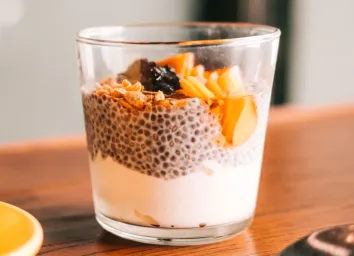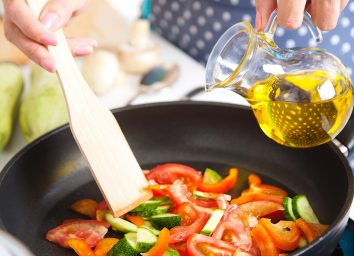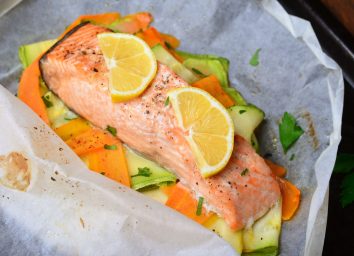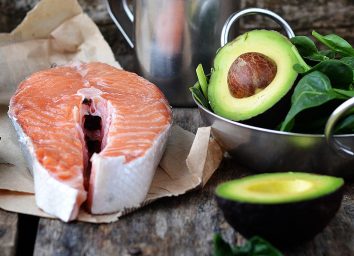7 Nutrients to Fight Back Against Chronic Inflammation
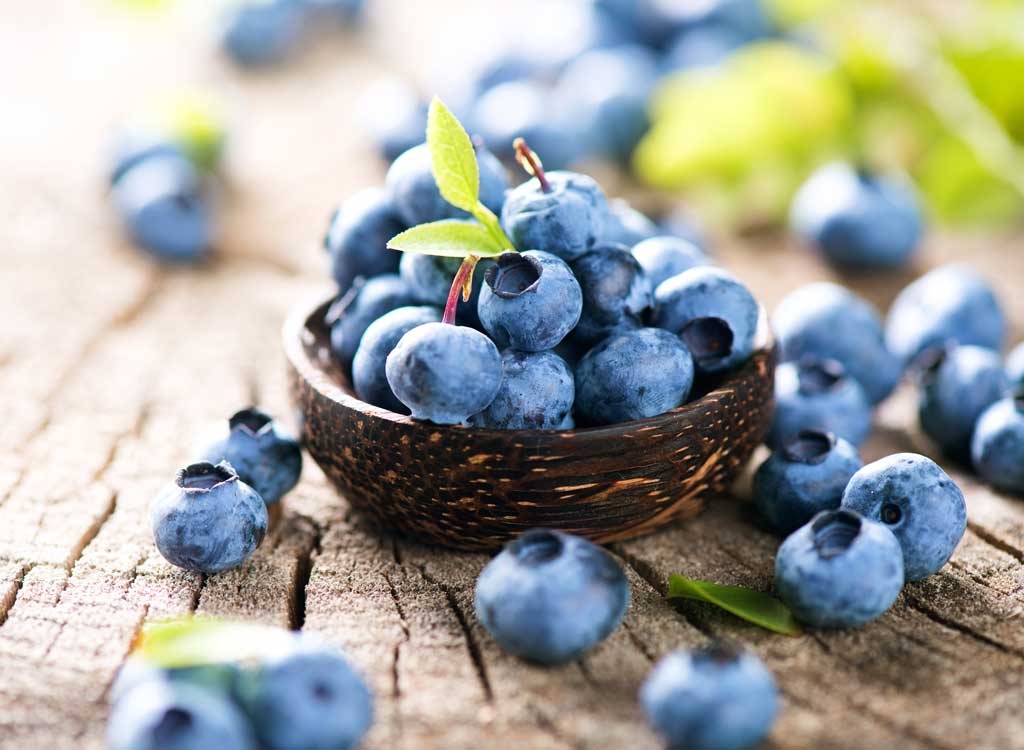
“Inflammation” is a health buzzword these days, but do you really know what it means? Here’s a simple way to look at it:
When a honeybee stings your hand, you get redness, swelling, heat, and pain. That’s acute inflammation. It’s your body’s natural defense, your immune system going on the attack in response to the bee’s venom. Acute inflammation’s symptoms are short-lived. The swelling in your hand eventually recedes, and the pain goes away.
But there’s another type of inflammation—chronic low-grade inflammation, which is brought on by poor food and lifestyle choices. These symptoms stick around, and that’s what makes them dangerous. Because a bad diet and sedentary lifestyle are chronic, the body continues to respond with inflammation. Over time, chronic inflammation can damage tissues, especially the arterial walls around your heart and the endothelial lining of your veins.
Can I diagnose chronic inflammation myself?
The short answer is no. Blood tests are the only true way at the moment, but there are some questions you can answer that may give you an idea that you have chronic inflammation on some level. Answer “yes” to any of these, and you should huddle up with your doctor for formal testing and make some key lifestyle changes, like those outlined in our new book, The 14-Day Anti-Inflammatory Diet, to cool the internal fire.
- Am I overweight?
- Do I carry much of my excess weight around my middle?
- Do I eat a lot of junk and ignore fruits and vegetables?
- Do I spend days at a desk and evenings on a couch?
- Am I tired all the time?
- Am I unhappy, angry, and stressed a lot of the time?
- Do I smoke, drink alcohol to excess, or use drugs?
- Has my doctor tested me for insulin resistance, metabolic syndrome, or type 2 diabetes?
How to fight back against chronic inflammation
Improving your diet can do wonders for reducing chronic inflammation in your body. It starts with getting to know the good guys of inflammation, the most beneficial players in the inflammation game.
Omega 3
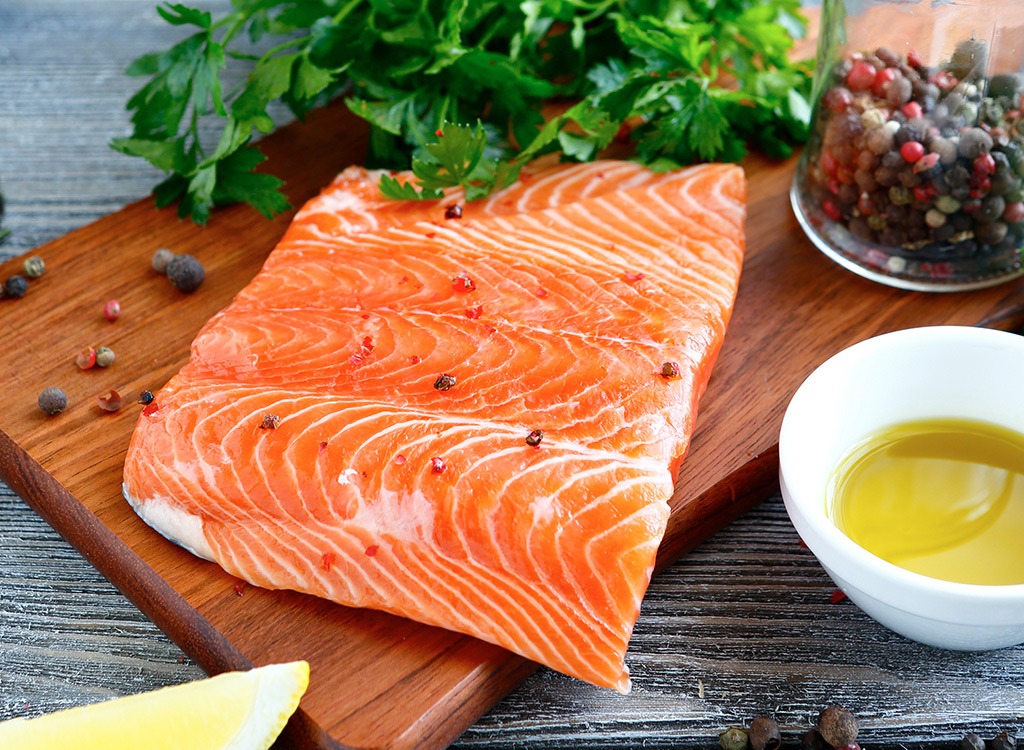
The “good” fatty acid. Omega-3s have consistently been shown to have anti-inflammatory powers and may be protective against our worst health issues. Fish is the most common dietary source of omega-3s. If you choose to take a supplement, be sure you pick one labeled “prescription grade” for quality.
Unsaturated fats
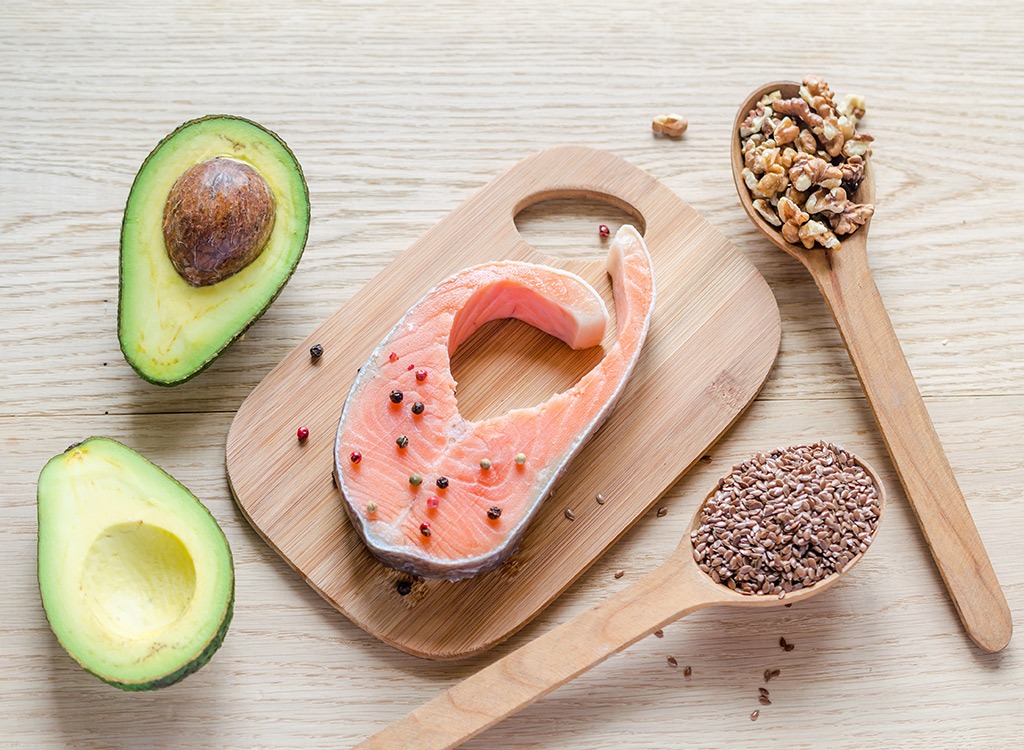
Generally considered the healthy fats (as opposed to saturated and trans fats). Monounsaturated fats (olive oil, avocados, and nuts) have been shown to lower the risk of cardiovascular disease, while polyunsaturated fats (fish, flax, and oils) include omega-6 and omega-3.
Fiber
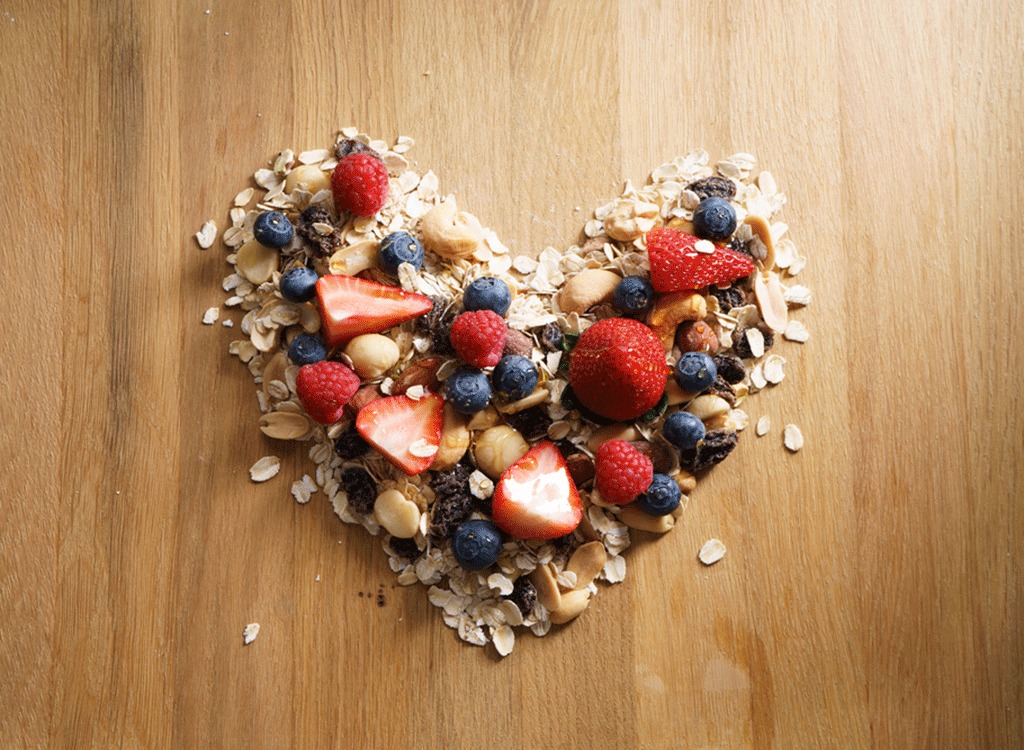
An indigestible carbohydrate. Soluble fiber (oatmeal, beans, and blueberries) dissolves in water and can help regulate blood sugar and cholesterol. Insoluble fiber (whole grains and legumes) doesn’t dissolve in water and aids in digestion and regularity. Fiber also feeds your good gut bacteria to help reduce inflammation.
Antioxidants
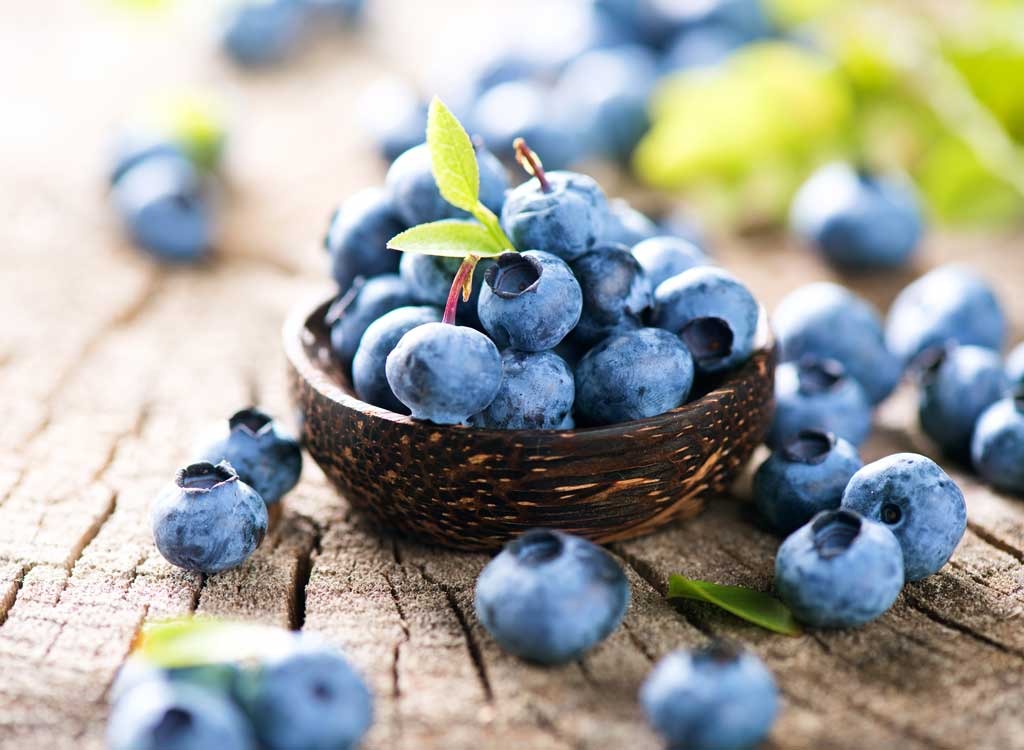
These are nutrients commonly found in fruits and vegetables that help prevent cell damage via oxidative stress. There are hundreds of types, but well-known examples include vitamin A, vitamin C, vitamin E, lycopene, and selenium. The 30 best anti-inflammatory foods will show you how to jam your diet with antioxidants.
Polyphenols
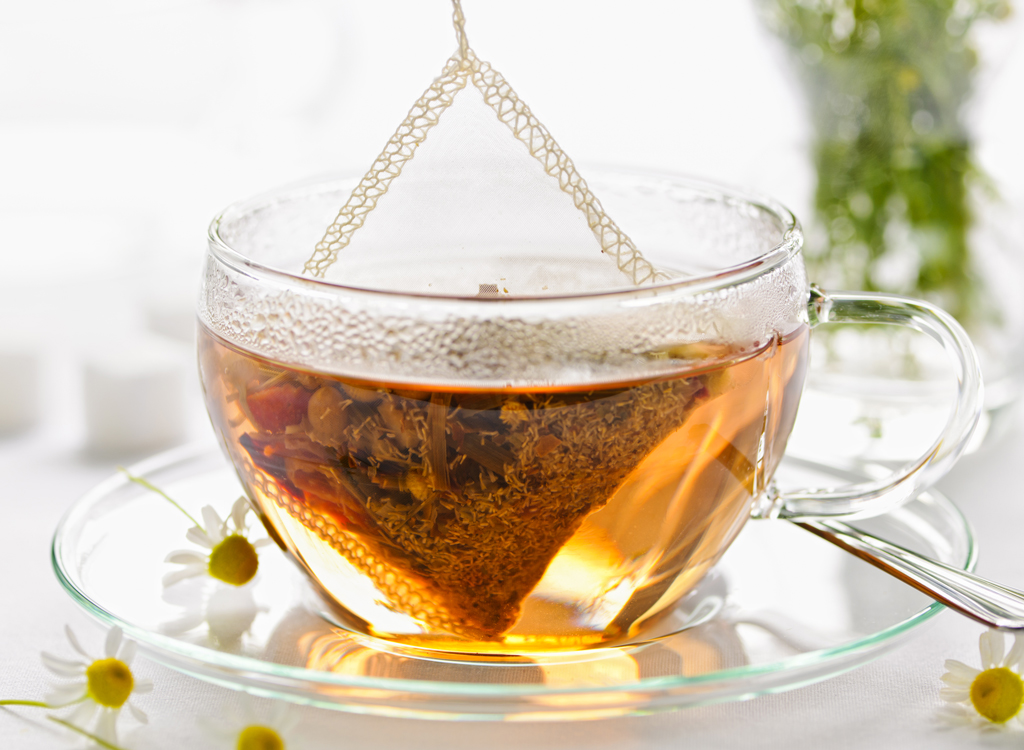
A group of phytochemicals found in plants that have been shown to have antioxidant and anti-inflammatory properties. Examples you may have heard of: resveratrol (wine and grapes), catechins (tea, apples, and berries), quercetin (onions, broccoli, and berries), and curcumin (turmeric).
Butyrate
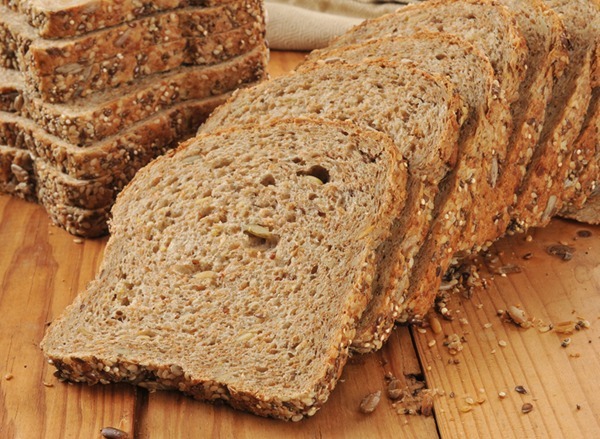
A beneficial fatty acid produced by fiber fermentation in the gut. Butyrate helps preserve the gut barrier and rein in inflammation.
Rutin
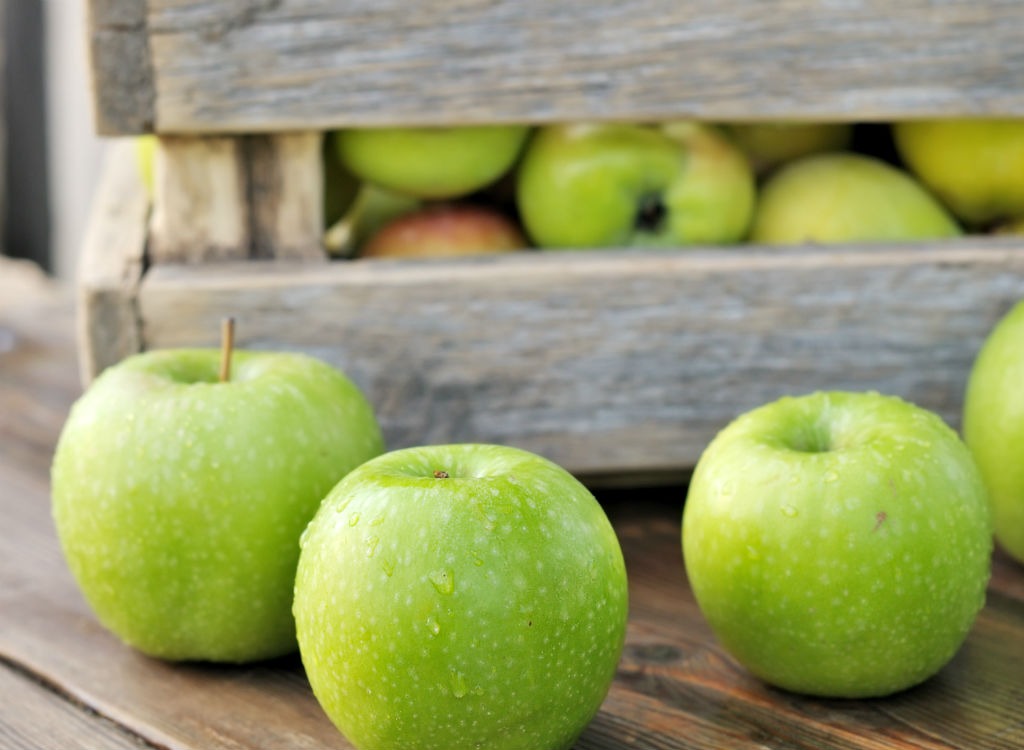
Found in plant pigment, rutin offers antioxidant power and helps your body use vitamin C. Apples, tea, citrus fruits, and bananas are common sources.
Excerpted from The 14-Day Anti-Inflammatory Diet by Mike Zimmerman and the editors of Eat This, Not That!
